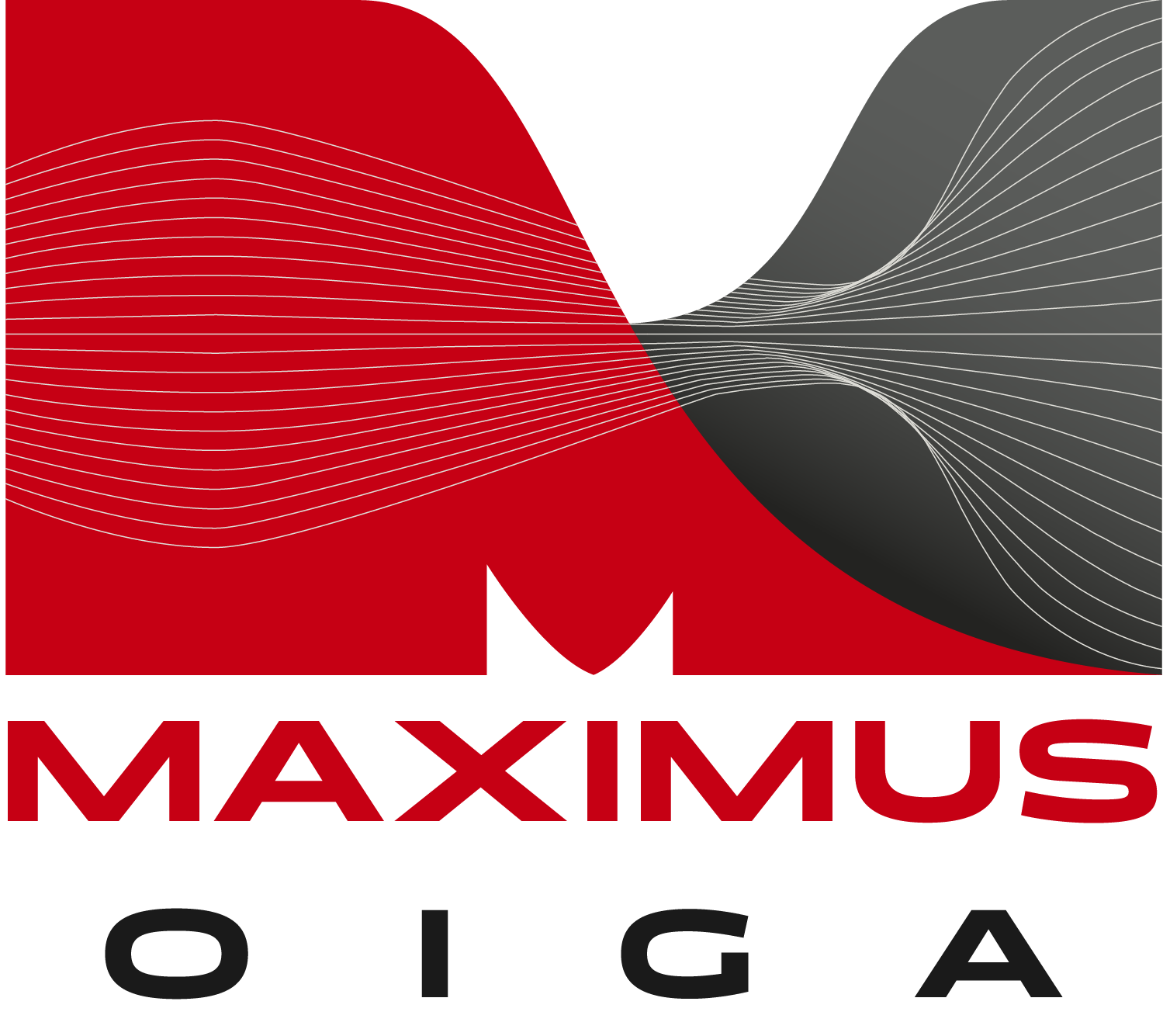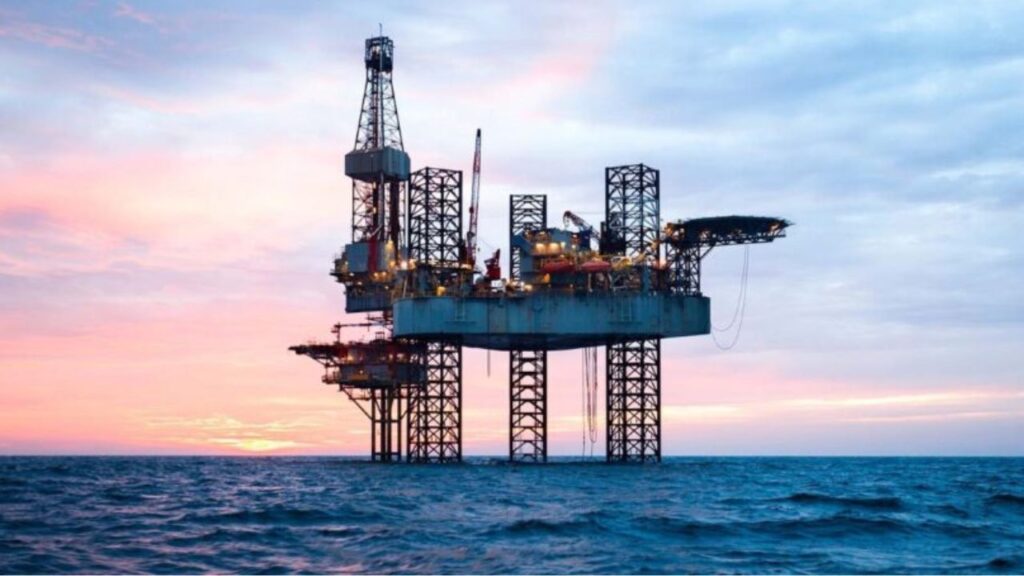Introduction
Oil and gas operations, by nature, involve high-risk environments. Well completion equipment must endure extreme conditions such as high pressures, temperatures, and corrosive environments. Therefore, the importance of rigorous testing in oilfield equipment manufacturing cannot be overstated. Every piece of equipment, from packers and valves to drilling rigs and safety equipment, must undergo extensive testing to ensure reliability, efficiency, and safety during operations. Without these tests, the risks of operational failures, safety breaches, and environmental damage significantly increase.
In this blog, we will discuss the importance of rigorous testing in the manufacturing of oilfield equipment, the types of tests conducted, the role of quality control, and the significance of in-house testing facilities. We will also examine how Maximus Completions has leveraged advanced in-house test facilities to enhance the quality and performance of their well completion systems.
Contents
- The Role of Testing in Oilfield Equipment Manufacturing
- Types of Tests in Oilfield Equipment Manufacturing
- Why Rigorous Testing Is Critical for Safety and Efficiency
- Maximus Completions’ In-House Testing Facilities
- Industry Standards and Certifications
- Quality Control and Testing Procedures
- The Future of Oilfield Equipment Testing
- Conclusion
1. The Role of Testing in Oilfield Equipment Manufacturing
In the oil and gas industry, testing ensures that equipment can handle the demanding operational conditions it will face. Rigorous testing processes are essential not only for verifying equipment performance but also for identifying any potential issues before they arise in the field. Oilfield equipment must meet strict regulatory standards, and the testing process plays a crucial role in validating its design, durability, and compliance.
Key Objectives of Testing:
- Reliability: Ensure equipment performs consistently and safely over time.
- Safety: Minimize risks of malfunctions, blowouts, or accidents.
- Durability: Verify the equipment’s ability to withstand extreme temperatures, pressures, and corrosive substances.
- Compliance: Meet industry standards and regulatory requirements.
By conducting these tests, manufacturers can deliver products that meet the high standards required for safe and efficient operation in the field.
2. Types of Tests in Oilfield Equipment Manufacturing
Oilfield equipment must undergo a series of tests that simulate actual field conditions. The tests vary depending on the type of equipment being manufactured. Here are some of the most common tests conducted:
| Test Type | Purpose |
| Pressure Testing | Simulates pressure conditions to ensure the equipment can withstand high pressures without failure. |
| Temperature Testing | Ensures equipment functions under high-temperature environments. |
| Corrosion Testing | Tests the equipment’s resistance to corrosive elements like H₂S and CO₂. |
| Mechanical Stress Testing | Determines the equipment’s resistance to mechanical forces, such as bending or tension. |
| Flow Testing | Validates the fluid flow capabilities and ensures efficient fluid management. |
| Functional Testing | Simulates actual operations to verify that the equipment works as intended. |
Each test is critical to ensuring the equipment’s longevity, safety, and performance under real-world conditions.
3. Why Rigorous Testing Is Critical for Safety and Efficiency
The oil and gas industry is inherently risky, with potentially hazardous consequences for equipment failures. Rigorous testing mitigates these risks by ensuring that equipment meets the highest standards of safety and functionality. Inadequate testing can lead to costly and dangerous failures, including:
- Blowouts: Uncontrolled release of oil or gas from the wellbore.
- Leaks: Loss of fluid or gas, which can lead to environmental contamination.
- Equipment Failures: Malfunctions that can halt operations, leading to significant financial losses.
Thorough testing prevents these issues, ensuring that equipment can withstand the high demands of oilfield operations, including extreme temperatures, pressures, and corrosive environments. In essence, effective testing protects both human life and the environment, which is why it must be a top priority for manufacturers.
4. Maximus Completions’ In-House Testing Facilities
Maximus Completions has invested significantly in its in-house testing facilities to ensure that all well completion equipment meets the highest standards of performance and safety. Located at their manufacturing plant in Vadodara, Gujarat, India, these facilities are equipped with state-of-the-art testing equipment and are ISO-certified to ensure compliance with international standards.
Key Features of Maximus’ In-House Testing Facilities:
- Custom Testing Equipment: Maximus uses specialized testing rigs designed to simulate real-world conditions, including high-pressure and high-temperature scenarios. This helps to validate the reliability of packers, bridge plugs, and other completion equipment.
- Comprehensive Testing Capabilities: The facility conducts pressure testing, temperature testing, mechanical stress testing, and corrosion resistance testing. All tests are performed to industry specifications, ensuring that the equipment is fit for use in the most demanding environments.
- Real-Time Data Monitoring: The in-house test facility uses advanced sensors and monitoring systems to track performance in real time. This allows for detailed analysis and fine-tuning of the equipment before it is deployed in the field.
- ISO and API Certifications: Maximus’ testing facility adheres to rigorous quality control standards, including API Q1, ISO 14310, and ISO 9001. These certifications ensure that their equipment meets international quality and safety standards.
By investing in these in-house testing facilities, Maximus ensures that their well completion equipment can withstand the toughest challenges in oil and gas operations, guaranteeing safety and reliability for their clients.
5. Industry Standards and Certifications
Testing in oilfield equipment manufacturing is not only important for operational integrity but also for meeting the industry’s stringent regulatory requirements. Major certifications and standards ensure that manufacturers deliver equipment that is safe and reliable.
Key Certifications:
- API Q1 Certification: Ensures that manufacturers adhere to the highest quality management standards in the oil and gas industry.
- ISO 14310: Defines the requirements for packer systems, ensuring they perform as expected in high-pressure and high-temperature conditions.
- ISO 9001: Specifies requirements for a quality management system (QMS) and is essential for maintaining consistent quality in all products.
Compliance with these certifications guarantees that well completion equipment is built to withstand the rigorous demands of oilfield operations, ensuring its durability and safety.
6. Quality Control and Testing Procedures
The quality control process is integral to oilfield equipment manufacturing. Each phase of production undergoes strict inspection and testing to verify the equipment’s performance and compliance with international standards. Quality control procedures at Maximus Completions include:
- Design Validation: All designs are tested against industry standards before production begins.
- Material Inspection: Materials used in manufacturing are inspected for quality, corrosion resistance, and durability.
- Pre-Assembly Testing: Components are tested for compatibility and functionality before they are assembled into final products.
- Final Product Testing: The complete well completion system undergoes comprehensive testing to ensure it meets all operational requirements.
These rigorous testing procedures ensure that every product leaving the Maximus facility is of the highest quality, ready for deployment in oil and gas operations worldwide.
7. The Future of Oilfield Equipment Testing
As the oil and gas industry continues to evolve, so too must the methods for testing oilfield equipment. Advancements in technology are paving the way for more efficient and precise testing.
Future Trends:
- Automation: Automated testing systems will reduce human error and improve testing efficiency.
- Digital Twins: Digital twin technology will allow manufacturers to simulate real-world conditions and predict how equipment will perform over time.
- AI and Machine Learning: AI-driven predictive maintenance systems will help identify potential issues before they occur, ensuring continuous operation.
These advancements will further enhance the reliability and efficiency of oilfield equipment, reducing downtime and increasing operational safety.
8. Conclusion
Rigorous testing is a fundamental part of oilfield equipment manufacturing. It ensures that well completion systems meet the high standards required to perform in extreme conditions. By investing in state-of-the-art testing facilities and adhering to global certifications, Maximus Completions leads the way in ensuring the safety, durability, and performance of their products.
As the oil and gas industry continues to evolve, so too will the need for more advanced and precise testing methodologies. Manufacturers that prioritize testing and quality control will continue to set the benchmark for excellence in oilfield operations.







